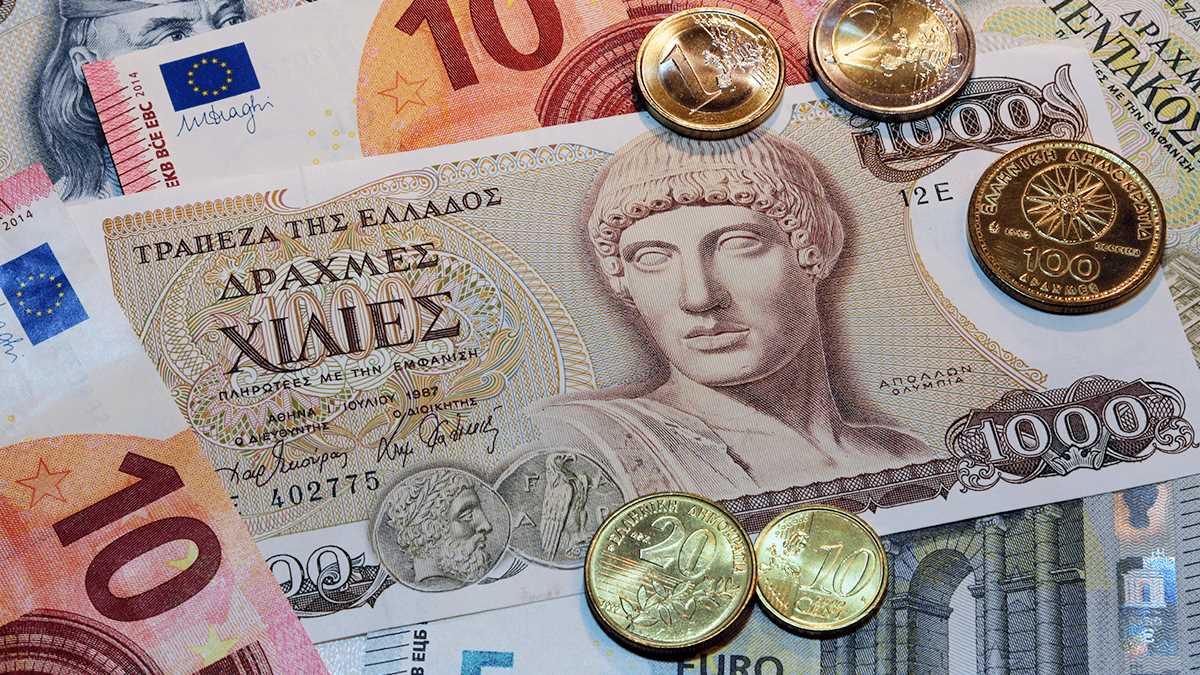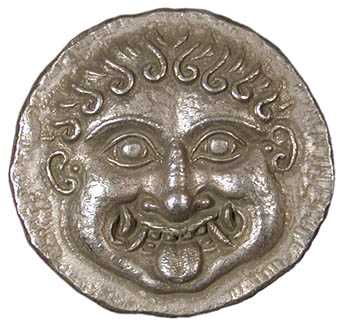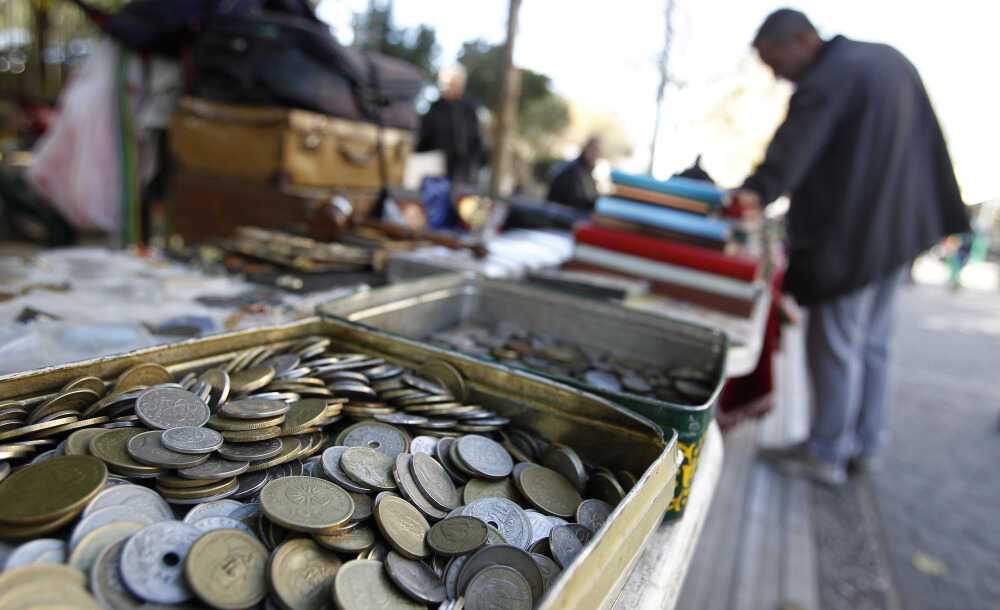Greek Drachma: Everything You Need to Know
The Greek Drachma has a long and rich history, dating back to ancient Greece. It was one of the oldest currencies in the world, with its origins dating back to the 7th century BC. Throughout its history, the Drachma went through various changes and denominations, reflecting the political and economic developments of Greece.
In modern times, the Greek Drachma played a crucial role in the country’s economy and forex trading. As Greece was a member of the European Union, the Drachma was pegged to the Euro at a fixed exchange rate. This meant that the value of the Drachma was directly linked to the Euro, and any fluctuations in the Euro would impact the Drachma as well.
Forex traders closely monitored the value of the Greek Drachma, as it provided insights into the economic health of Greece. Factors such as GDP growth, inflation rates, political stability, and government policies all influenced the value of the Drachma. Traders would analyze these factors and make informed decisions on whether to buy or sell the currency in the forex market.
Trading the Greek Drachma required careful consideration of various factors. Traders needed to stay updated with the latest economic and political news from Greece, as any significant developments could impact the value of the currency. Technical analysis tools and indicators were also used to identify trends and patterns in the Drachma’s value, helping traders make more accurate predictions.
History and Background of the Greek Drachma
The origin of the drachma can be traced back to ancient Greece, where it was first introduced as a form of currency in the 7th century BC. The word “drachma” comes from the Greek word “drachme,” which means “handful.” In ancient times, the drachma was a unit of weight, and coins were minted in various denominations based on their weight.
Over the centuries, the drachma underwent several changes and modifications. Different city-states in ancient Greece issued their own versions of the drachma, each with its own design and value. The most famous drachma coin is the Athenian tetradrachm, which featured the iconic image of the owl and was widely used in trade throughout the Mediterranean region.
Throughout the 20th century, the drachma experienced several periods of instability and devaluation. Greece faced economic challenges, including high inflation and government debt, which led to multiple currency devaluations. In 2002, Greece adopted the euro as its official currency, replacing the drachma.
Despite its discontinuation, the drachma remains a symbol of Greek history and culture. It is often featured in ancient Greek art and literature, and its legacy can still be seen in modern Greek society. The drachma serves as a reminder of Greece’s rich past and its contributions to the development of civilization.
Importance of the Greek Drachma in Forex Trading
Historical Significance
The Greek Drachma has a rich historical significance, dating back to ancient Greece. It was one of the oldest currencies in the world, and its use spanned thousands of years. This historical significance adds value to the currency and makes it an interesting asset for forex traders.
Volatility and Trading Opportunities
The Greek Drachma, like many other currencies, experienced significant volatility during its time in circulation. This volatility created trading opportunities for forex traders who were able to capitalize on the fluctuating exchange rates. Even though the Greek Drachma is no longer in use, its historical volatility can still be analyzed and used to predict potential trading opportunities in the forex market.
Correlation with Eurozone Economy

Interest from Historical and Cultural Perspective
Some forex traders may have an interest in the Greek Drachma from a historical or cultural perspective. The currency represents a part of Greece’s heritage and can be seen as a symbol of the country’s rich history. Traders with a passion for history or a connection to Greece may choose to include the Greek Drachma in their forex trading portfolio as a way to connect with the past.
| Summary |
|---|
| The Greek Drachma may no longer be in circulation, but it still holds importance in forex trading due to its historical significance, potential trading opportunities, correlation with the Eurozone economy, and interest from a historical and cultural perspective. Traders who are knowledgeable about the Greek Drachma and its historical context can use this information to make informed trading decisions in the forex market. |
Factors Affecting the Value of the Greek Drachma

Economic Indicators
Economic indicators play a crucial role in determining the value of a currency. Traders closely monitor indicators such as GDP growth, inflation rates, unemployment rates, and interest rates to gauge the health of the Greek economy. Positive economic indicators can lead to an appreciation in the value of the Greek Drachma, while negative indicators can result in depreciation.
Political Stability
Political stability is another significant factor that affects the value of a currency. A stable political environment instills confidence in investors and encourages foreign investment. On the other hand, political unrest, uncertainty, or changes in government can lead to a decline in the value of the Greek Drachma.
Market Sentiment
Market sentiment, or the overall attitude of traders and investors towards a currency, can greatly impact its value. Positive market sentiment can lead to increased demand for the Greek Drachma, driving up its value. Conversely, negative market sentiment can result in a decrease in demand and a depreciation of the currency.
Global Economic Factors
The Greek Drachma is also influenced by global economic factors such as international trade, geopolitical events, and monetary policies of major economies. Changes in global economic conditions can have a significant impact on the value of the Greek Drachma, as it is interconnected with the global financial system.
Market Speculation
Speculation in the forex market can also affect the value of the Greek Drachma. Traders and investors may speculate on the future direction of the currency based on various factors, including economic data, political developments, and market trends. This speculation can lead to fluctuations in the value of the Greek Drachma.
Overall, the value of the Greek Drachma is influenced by a combination of economic, political, and market factors. Traders need to stay informed about these factors and closely monitor the market to make well-informed trading decisions.
Tips for Trading the Greek Drachma in the Forex Market

Trading the Greek Drachma in the forex market can be a lucrative opportunity for traders who understand the factors that affect its value and are able to make informed decisions. Here are some tips to help you navigate the market and maximize your trading potential:
| 1. Stay Informed | Keep up-to-date with the latest news and economic developments in Greece. This will help you anticipate any changes in the value of the Greek Drachma and make more accurate trading decisions. |
| 2. Analyze Economic Indicators | Pay attention to key economic indicators such as GDP growth, inflation rates, and unemployment rates. These indicators can provide valuable insights into the health of the Greek economy and the potential impact on the value of the Greek Drachma. |
| 3. Monitor Political Developments | Political stability or instability can have a significant impact on the value of a currency. Stay informed about political developments in Greece and how they may affect the Greek Drachma. |
| 4. Use Technical Analysis | Utilize technical analysis tools and indicators to identify trends and patterns in the price movements of the Greek Drachma. This can help you make more accurate predictions and improve your trading strategies. |
| 5. Manage Risk | Implement risk management strategies to protect your capital and minimize potential losses. Use stop-loss orders and set realistic profit targets to ensure you maintain a disciplined approach to trading. |
| 6. Diversify Your Portfolio | Don’t put all your eggs in one basket. Diversify your trading portfolio by including a variety of currency pairs, including the Greek Drachma, to spread your risk and maximize potential opportunities. |

Emily Bibb simplifies finance through bestselling books and articles, bridging complex concepts for everyday understanding. Engaging audiences via social media, she shares insights for financial success. Active in seminars and philanthropy, Bibb aims to create a more financially informed society, driven by her passion for empowering others.
